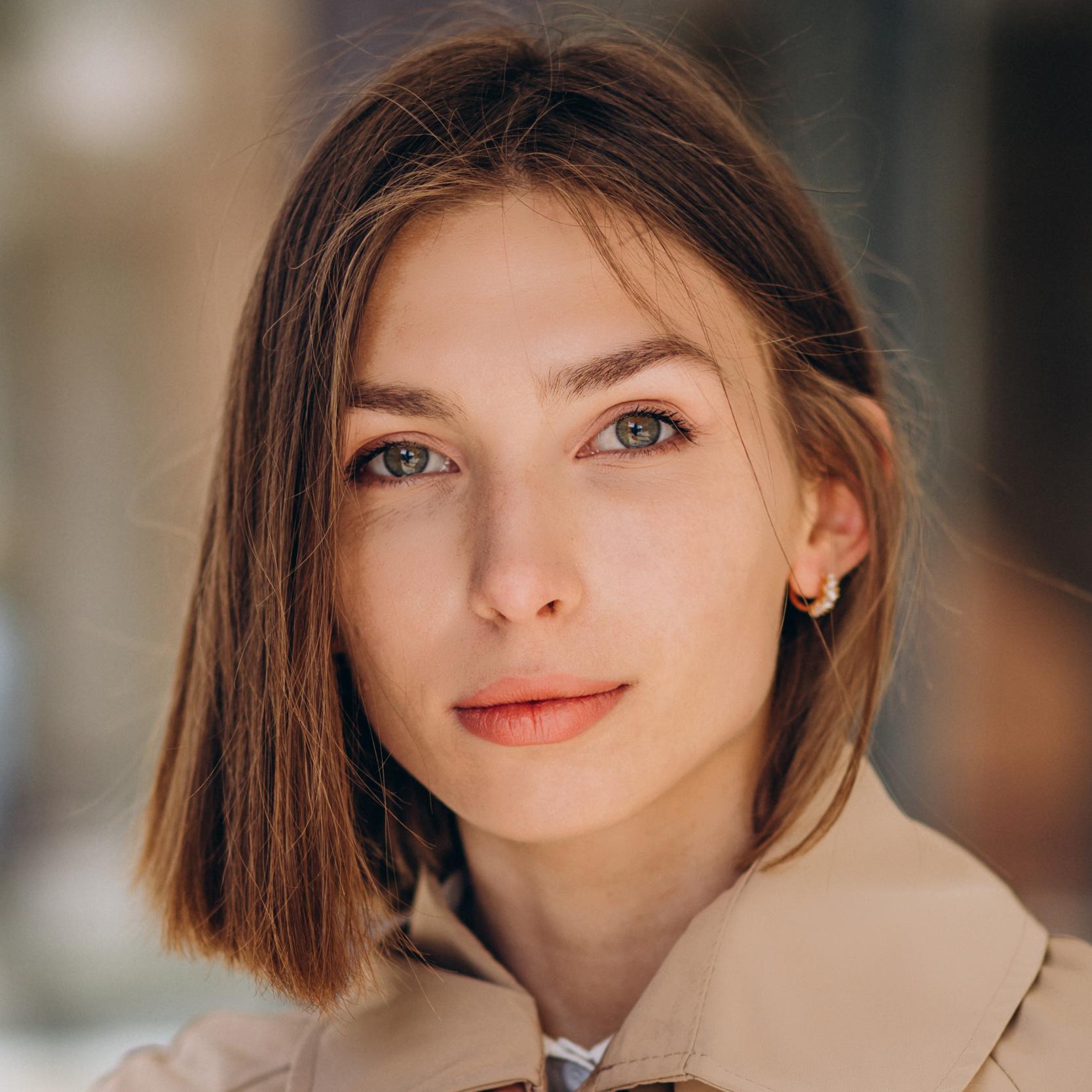Hair loss and dying hair??
on 1/4/13 5:02 am - Canada
Any advise? Im sure lots of ladies have experienced this. What did you do?
Lol. Thanks
Sue
I'm not a hairdresser, so I'm no expert. But I'm embracing my grey and loving it!
And I'm worried about even blowdrying my hair, much less dyeing it! And I used to be the queen of dyeing my hair, too...
Referral to registry: Oct 21, 2011 Orientation (TWH): Feb 22, 2012 Surgery: Nov 7, 2012
Come to Toronto East End Coffee Nights! Click here for details.
I lose hunks of hair at a time and I still dye my hair!!! I don't find that it makes it fall out any more so then when I don't dye it!! I think you should be fine!!! I will mention that I do get mine professionally done so I don't know if the store bought stuff would be harder on your hair or not!! Good luck!!!
Im not sure what colour your going for, but have you looked into henna to colour your hair? Done with a quality henna it will cover grey, and you can get a variety of colours.
http://www.earthhenna.com/Henna-for-Hair-c139.html
Personally ive only used browns and blacks. a red tone is more common, but im pretty sure you can get dirty blonds too. You should research it! :)
henna will not damage your hair, and in fact the metallic salts will bind on each strand and they will look and feel thicker :)
good luck
If you are going to use commercial hair dye go with one done professionally if at all possible...
Henna is an excellent option ONLY if you have not died the hair you will be applying it to. There can be problems when you dye hennaed hair, or henna dyed hair. So... Whichever you choose first will be the way it stays. Please go with a better/higher grade of henna if you go this route also.
______________________________________________________________
As for hair falling out. My stylist has had a number of people go through WLS and says it happens most often because of the vitamins and minerals they are taking in are sporadic or not enough... As well as the rapid changes to their bodies which also affects their skin, scalp and hair. Not to mention the rapid release of hormones stored in our body fat (which is why many pregnant women have great, full heads of hair and then lose a whole whack post birth).
Your body is under stress as well... Any time your body is under stress it will typically cause a shift in the rate you lose your hair. I know this from when I was ill previously and I would lose 4x the amount an average person would daily. It wasn't pretty to see it all over my coat, furniture, floor, etc.
I've done a lot of research into it because at one time I could run my fingers through my hair and end up with my hand being covered with what I had lost... Or need to clean a brush out 5 times to brush my shoulder length hair.
Let's have some talk about the vitamins that can affect hair loss (and why all that 'other stuff' is in our multi-vitamins):
At the base of your hair shaft along the scalp there's this stuff called sebum which keeps your scalp from being flakey because it is dry, and keeps the hair moist (think the oily stuff produced on a baby's scalp - we still have that as adults). Vitamin A contributes to the production of it. Beta-Carotene is converted by the body into A FYI.
B12 is an incredibly important nutrient in the growth and strength of hair (and something many post op are low on) which is why we get injections or take sub-linguals.
Biotin enhances growth, thickens the shaft, and lessens hair loss... A lack of it is often apparent in a lot of split ends and brittle hair.
Vitamin C is important for the production of red blood cells... And therefore hair (blood flow around the scalp needs the proper nutrients, and blood counts).
Calcium has become so controversial and some are not sure they want to take it because of potential health risks but if you don't have enough your body will leach it from your bones, and you can even start losing your nails and hair over it.
Vitamin D is also needed for strong bones... So it stands to reason that hair being made of similar compounds and nails needs it also.
Vitamin E is important for actual blood circulation. Which as i kind of hinted at before... Good circulation ensures the nutrients can get to the hair and keep it healthy.
Inositol is another nutrient that feeds the hair follicles and keep them healthy.
Iodine... well think Thyroid here. Many will already know that under active can cause loss, and overactive can cause problems with growth.
Selenium helps the body metabolize Iodine... A lack of it can cause problems with the Thyroid also.
Iron... A lack of it causes Anemia... Anemia causes less red blood cells. Less red blood cells means problems with hair loss.
Magnesium is another needed for strong bones... As well as hair and nails. A deficiency can cause muscle spasms also (Charlie horses suck!) and anxiety.
Niacin (a B vitamin) is important for blood circulation... Blood circulation was mentioned above.
Pantothenic Acid (B5) promotes hair growth and is thought to prevent graying also.
- Pantine ProV is named after this puppy - not recommending this product just a side note!
Zinc is important for the hair follicle health. If they are not healthy it will not grow properly.
-----------------------------------------------------------------
Please understand I am not implying or attempting to imply anyone is not taking their vitamins, should take more then recommended, etc. I am going to say it is important to take the best source we can afford, and ensure it is done regularly and in a timely way unless told to do something different... As well as have our blood work done to check on things.
I am explaining which are important to hair, why, and why our multivitamins are so darn important.
Shell
From my understanding, the hair loss we experience is a result of the shock of surgery and the rapid weight loss forcing all of our hair into a state of telogen effluvium. My understanding from reading on the forum is that our hair normally grows in cycles of growth, rest and falling out. We don't notice as much normally because not all of our hair is the same state at the same time. When we have surgery and loose weight rapidly (which are two reasons for pushing someone's hair system into telogen effuvium) then all of our hair goes into the falling out stage. So it will fall out regardless, but regrowth starts at the same time as well, which is why you won't go bald, just may see balding spots with clumps of hair falling out at once. While it is scary to see in the shower or when you bru****'s probably not as noticeable to others as it is to you (or at least that was the case myself).
So what does this mean for dying your hair? Essentially it's not going to do any more or less damage than it would to you hair prior to surgery so if it's bugging you, go a head and dye it. I still had my hair highlighted and it didn't effect the quality of my hair, but have since stopped because to me it did make sense to dye my hair if I didn't need to because it was just going to be falling out soon anyway.
Like I said, this is just what I took from reading other posts on this forum, but I hope this helps!












